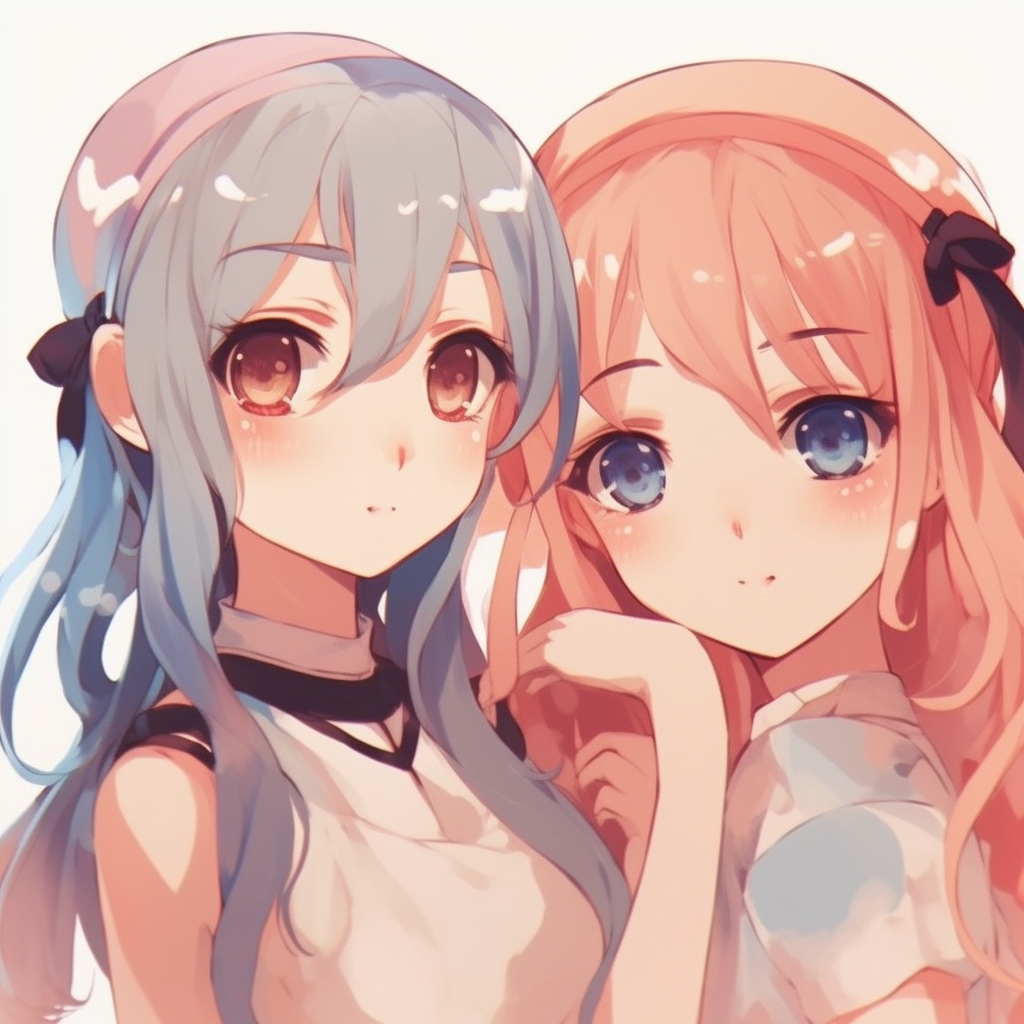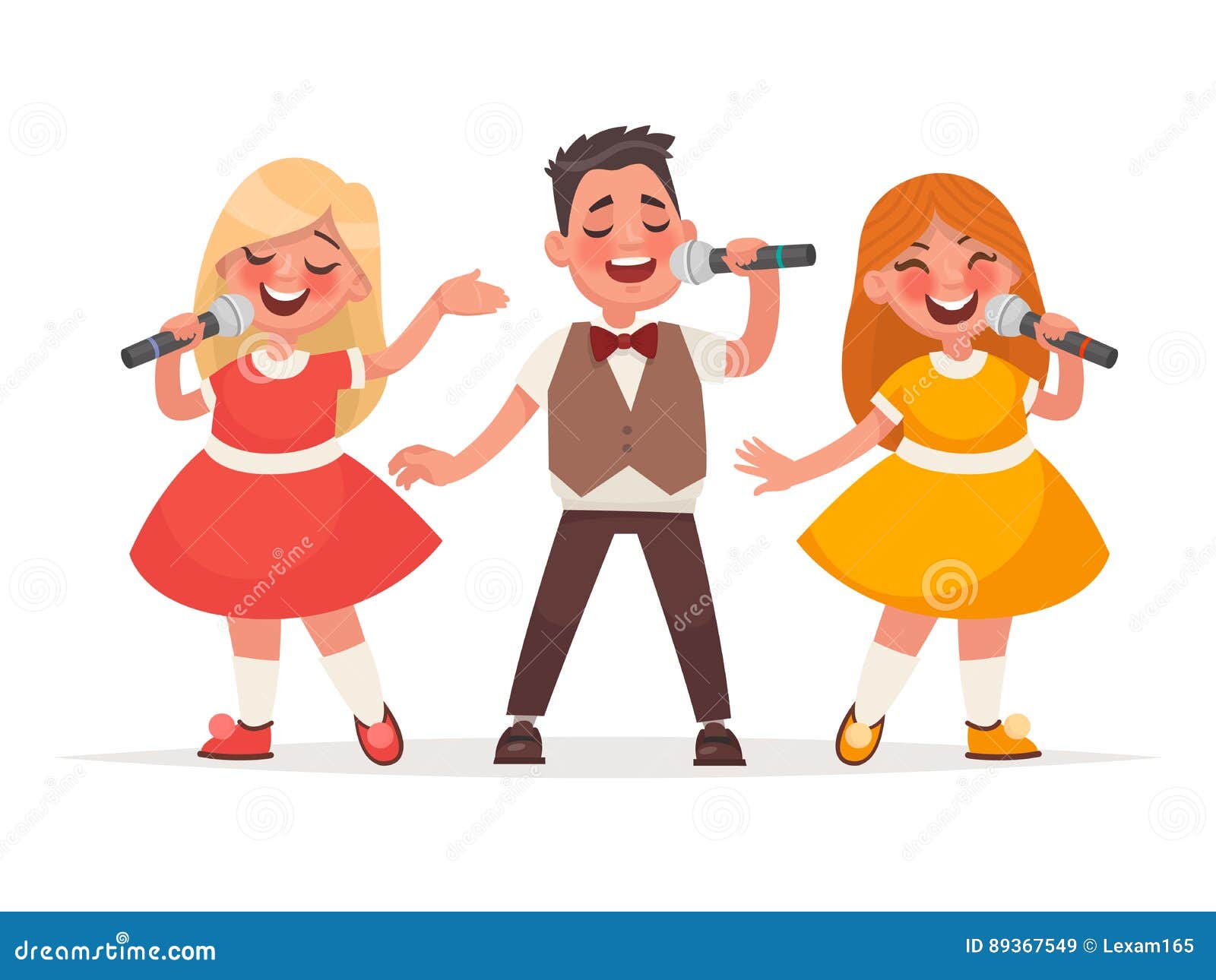Cartoon trio groups have been a cornerstone of animated entertainment for decades, captivating audiences worldwide with their unique dynamics and humor. From classic shows to modern hits, these animated trios offer a blend of adventure, comedy, and teamwork that resonates with viewers of all ages. Whether it's the chaotic antics of Tom and Jerry or the quirky adventures of the Teenage Mutant Ninja Turtles, these groups have left an indelible mark on pop culture.
The appeal of cartoon trio groups lies in their ability to create compelling narratives through their interactions. Each character brings something unique to the table, contributing to the group's overall dynamic. This diversity ensures that there's always something for everyone in these animated series. Moreover, the simplicity of a trio allows for intricate storylines without overwhelming the audience.
As we delve deeper into this topic, we'll explore the history, significance, and impact of cartoon trio groups. We'll also highlight some of the most iconic trios in animation history, examining what makes them so special. This article aims to provide a comprehensive understanding of why these groups continue to thrive in the ever-evolving world of animated entertainment.
Read also:Removing Turmeric Stains From Clothes
Table of Contents
- The History of Cartoon Trio Groups
- Famous Cartoon Trio Groups
- Character Dynamics in Cartoon Trios
- Impact on Pop Culture
- Modern Cartoon Trio Groups
- Animation Techniques Used in Cartoon Trios
- The Business Aspect of Cartoon Trio Groups
- Educational Value of Cartoon Trios
- Future Trends in Cartoon Trio Groups
- Conclusion
The History of Cartoon Trio Groups
The concept of cartoon trio groups dates back to the early days of animation when studios began experimenting with character dynamics. These groups were initially created to provide variety in storytelling and character development. Over time, they evolved into iconic teams that defined entire generations of animated entertainment.
Early Beginnings
In the 1930s and 1940s, studios like Warner Bros. and MGM popularized the idea of animated trios. Shows like "The Three Stooges" inspired animators to create their own versions of comedic teams. The success of these early trios laid the groundwork for future generations of animated series.
Golden Age of Animation
The 1950s and 1960s marked the golden age of animation, with cartoon trio groups becoming a staple in the industry. Shows like "Tom and Jerry" and "The Flintstones" showcased the potential of trios in creating engaging narratives. These series not only entertained but also influenced the way audiences perceived animated entertainment.
Famous Cartoon Trio Groups
Throughout the history of animation, several cartoon trio groups have achieved legendary status. These trios have become cultural icons, recognized by fans worldwide. Let's take a closer look at some of the most famous cartoon trio groups.
The Teenage Mutant Ninja Turtles
Leo, Mikey, and Donnie (alongside Raphael) have captured the hearts of millions since their debut in the 1980s. Known for their martial arts skills and sense of humor, the Teenage Mutant Ninja Turtles have become a symbol of teamwork and adventure. According to a study by Animation Research Institute, the Turtles have inspired countless young viewers to pursue creative and athletic endeavors.
The Powerpuff Girls
Blossom, Bubbles, and Buttercup represent a unique take on the cartoon trio group concept. Created by Craig McCracken, this series highlights the power of female friendship and empowerment. The show has been praised for its progressive themes and has garnered a massive fanbase globally.
Read also:Who Is The Original Lead Singer Of Journey
Character Dynamics in Cartoon Trios
One of the key elements that make cartoon trio groups so successful is their character dynamics. Each member of the trio brings a distinct personality to the group, creating a balance that drives the narrative forward. Understanding these dynamics is crucial to appreciating the appeal of these groups.
Types of Character Dynamics
- Leader and Followers: One character takes the lead while the others follow, often resulting in comedic situations.
- Complementary Skills: Each character possesses a unique skill set that complements the others, enhancing the group's effectiveness.
- Conflict and Resolution: Tension between characters creates drama, which is resolved through teamwork and understanding.
Impact on Pop Culture
Cartoon trio groups have had a significant impact on pop culture, influencing everything from fashion to language. Their enduring popularity is a testament to their ability to resonate with audiences across different demographics.
Merchandising and Licensing
The success of cartoon trio groups has led to lucrative merchandising opportunities. From toys to clothing, these groups have generated billions in revenue for studios and manufacturers. A report by the Entertainment Licensing Association highlights the importance of licensing in sustaining the popularity of animated series.
Language and Phrases
Many cartoon trio groups have introduced catchphrases and slang that have entered everyday language. For example, phrases like "Cowabunga!" from the Teenage Mutant Ninja Turtles have become part of popular culture.
Modern Cartoon Trio Groups
In recent years, the animation industry has seen a resurgence in cartoon trio groups, with new series catering to modern audiences. These groups incorporate cutting-edge animation techniques and storytelling methods to captivate viewers.
Adventure Time
Finn, Jake, and Marceline form a unique trio that has captivated fans with its imaginative storytelling and vibrant animation. The series has been praised for its ability to appeal to both children and adults, showcasing the versatility of cartoon trio groups.
Gravity Falls
Dipper, Mabel, and Grunkle Stan represent a modern take on the classic trio dynamic. The show's blend of mystery and humor has made it a favorite among younger audiences, proving that cartoon trio groups remain relevant in today's entertainment landscape.
Animation Techniques Used in Cartoon Trios
The visual appeal of cartoon trio groups is largely due to the animation techniques employed by studios. These techniques range from traditional hand-drawn animation to cutting-edge CGI, each contributing to the unique style of the series.
Traditional Animation
Many classic cartoon trio groups were created using traditional hand-drawn animation. This method allows for a level of detail and expressiveness that is difficult to achieve with modern techniques. Shows like "Tom and Jerry" and "The Flintstones" are prime examples of the beauty of traditional animation.
Computer-Generated Imagery (CGI)
Modern cartoon trio groups often utilize CGI to create visually stunning worlds and characters. This technique allows for greater flexibility in storytelling and character design, as seen in shows like "Adventure Time" and "Gravity Falls."
The Business Aspect of Cartoon Trio Groups
Beyond their entertainment value, cartoon trio groups represent a significant business opportunity for studios and networks. The revenue generated from these series extends beyond television broadcasts, encompassing merchandising, licensing, and international distribution.
Revenue Streams
- Merchandising: Toys, clothing, and accessories based on cartoon trio groups generate substantial revenue.
- Licensing: Studios license their characters to third-party companies for use in various products and services.
- International Distribution: Cartoon trio groups are often distributed globally, expanding their reach and profitability.
Educational Value of Cartoon Trios
While primarily created for entertainment, cartoon trio groups also offer educational value. Many series incorporate lessons on teamwork, friendship, and problem-solving, making them valuable tools for teaching children important life skills.
Teaching Life Skills
Shows like "The Powerpuff Girls" and "Adventure Time" emphasize the importance of teamwork and empathy. By watching these characters interact, children learn valuable lessons about cooperation and understanding.
Future Trends in Cartoon Trio Groups
As technology continues to evolve, the future of cartoon trio groups looks promising. Studios are exploring new ways to engage audiences through interactive media and virtual reality experiences. These innovations will likely redefine the way we experience animated entertainment.
Interactive Media
Interactive media allows viewers to participate in the story, making decisions that affect the outcome. This format offers a more immersive experience, enhancing the appeal of cartoon trio groups.
Virtual Reality
Virtual reality technology enables viewers to enter the world of their favorite cartoon trio groups, experiencing the adventures firsthand. As this technology becomes more accessible, it will likely become a staple in the animation industry.
Conclusion
Cartoon trio groups have played a significant role in the world of animated entertainment, captivating audiences with their unique dynamics and engaging storylines. From classic shows to modern hits, these groups continue to thrive, influencing pop culture and inspiring future generations of animators.
We encourage you to explore the world of cartoon trio groups further by watching some of the series mentioned in this article. Don't forget to leave a comment sharing your favorite trio and why they resonate with you. Additionally, consider subscribing to our newsletter for updates on the latest trends in animated entertainment. Together, let's celebrate the magic of cartoon trio groups and their lasting impact on our lives.


